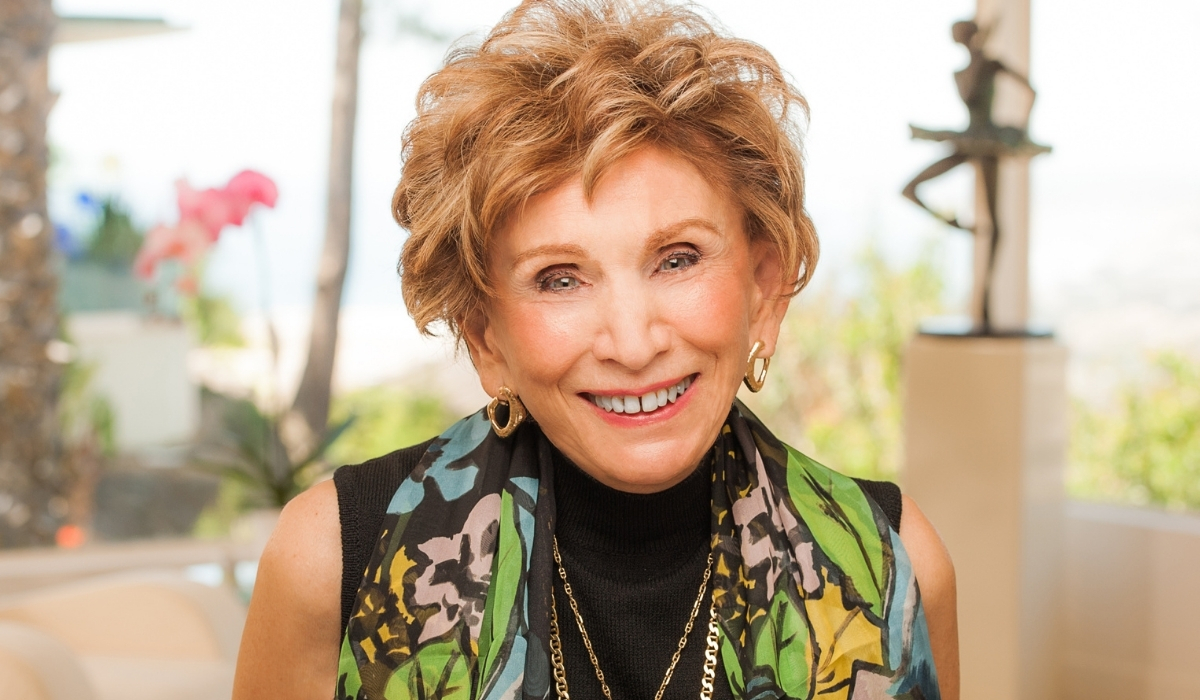Hope Vs. Idealism

We never know what’s ahead. Hope isn’t the white paint we use to mask our suffering. It’s an investment in curiosity. A recognition that if we give up now, we’ll never get to see what happens next.
I thought nothing in my life would surpass the happiness I felt when I found out I was pregnant with my first child. My doctor cautioned me against continuing the pregnancy, afraid I wasn’t physically strong enough to grow a healthy baby or endure childbirth, but I skipped through the streets after the appointment, barely able to contain my joy that after so much suffering and senseless death I would carry life into the world. I celebrated by eating as much rye bread and raw potato spaetzle as I could hold. I grinned at my reflection in shop windows. I put on fifty pounds.
In the decades since Marianne’s birth, there’s much I’ve gained and lost and almost lost. All of it has taught me how much I have, and how to celebrate each precious moment, without waiting for someone else’s permission or approval. I am reminded again and again: to choose hope is to choose life.
Hope does not guarantee anything about what will happen in the future. The scoliosis I’ve had since the war has stayed with me. It affects my lung, pushing it closer and closer to my heart. I don’t know if I’ll have a heart attack, or when I might wake up unable to breathe.
But choosing hope affects what gets my attention every day. I can think young. I can choose what I do to fill my day with passion—to dance and do the high kick as long as I’m able; to reread books that are meaningful to me, and go to movies and the opera and theater; to savor good food and high fashion; to spend time with people who are kind and have integrity; to remember that loss and trauma don’t mean you have to stop living fully.
“You’ve seen firsthand the greatest evils of the world,” people say. “How can you hold hope when there’s still genocide in the world, when there’s so much evidence to the contrary?”
To ask how hope is possible in the face of dire realities is to confuse hope with idealism. Idealism is when you expect that everything in life is going to be fair or good or easy. It’s a defense mechanism, just like denial or delusion.
Honey, don’t cover garlic with chocolate. It doesn’t taste good. Likewise, there’s no freedom in denying reality, or trying to cloak it in something sweet. Hope isn’t a distraction from darkness. It’s a confrontation with darkness.
Shortly after I began writing this I happened upon a TV interview with Ben Ferencz, who at ninety-nine years old is the last living person to have prosecuted Nazis at Nuremberg, essentially the biggest murder trial the world has ever known.
Ferencz was only twenty-seven at the time. The son of Jewish Romanian immigrant parents, he served in the US Army during World War II, fighting in the Normandy invasion and the Battle of the Bulge. Then, as the concentration camps were being liberated, he was sent in to gather evidence. Traumatized by what he saw, he vowed never to return to Germany. He went home to New York and was just preparing to begin practicing law when he was recruited to go to Berlin to investigate Nazi offices and archives for evidence to aid the prosecution of the Nuremberg war crimes trials. As he catalogued Nazi documents, he discovered reports written by the Einsatzgruppen, SS units deployed as killing squads. The reports listed numbers of men, women, and children shot in cold blood in towns and villages all over Nazi-occupied Europe. Ferencz added up the number of dead: more than one million, slaughtered at home, buried in mass graves.
“Seventy-one years later,” Ferencz said, “and I’m still churning.” This is where hope comes in. If he’d clung to idealism, he would have tried to forget the excruciating truth, or buried it in wishful thinking—the war’s over, the world is better now, it won’t happen again. If he’d lost himself to hopelessness, he would have said,“Humanity is ugly. Nothing can be done.” But Ferencz reached for hope. He determined to do everything in his power to affirm the rule of law, to deter similar crimes from ever being committed again, and was appointed chief prosecutor for the United States in the Einsatzgruppen case. He was only twenty-seven. It was his first trial. He’s been alive for close to a century, and he continues to advocate for peace and social justice.
“It takes courage not to be discouraged,” he said. But never give up, he reminds us. There’s progress and change all around us—and nothing new ever happened before. I remembered his words when I spoke recently in Rancho Santa Fe, a formerly segregated community north of San Diego where, not that long ago, Jews weren’t allowed to live. Now the community is celebrating the fifteenth anniversary of welcoming Rancho Santa Fe’s first Chabad rabbi.
If we decide something’s hopeless or impossible, it will be. If we take action, who knows what we might manifest? Hope is curiosity writ large. A willingness to cultivate within yourself whatever kindles light, and to shine that light into the darkest places.
Hope is the boldest act of imagination I know.
Excerpted from “The Gift: 12 Lessons to Save Your Life” with permission from the author and publisher.
The Sunday Paper publishes News and Views that Rise Above the Noise and Inspires Hearts and Minds. To get The Sunday Paper delivered to your inbox each Sunday morning for free, click here to subscribe.
